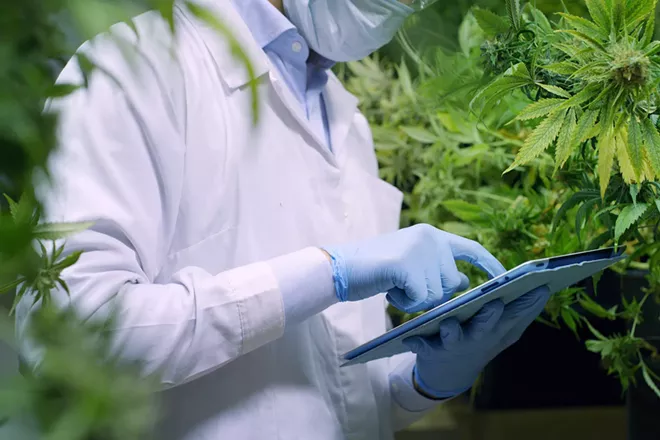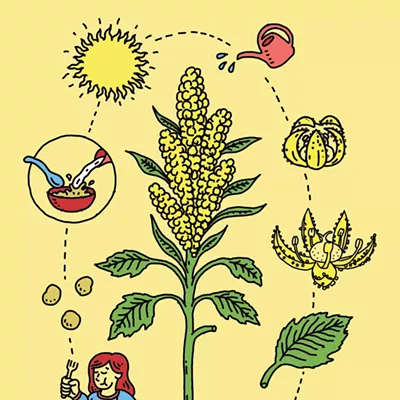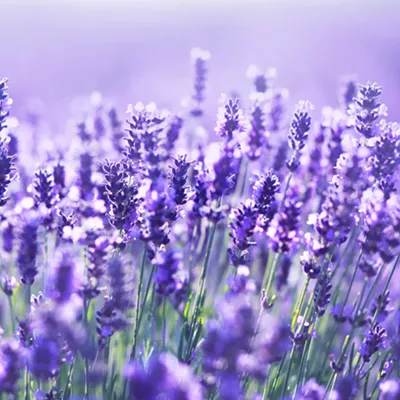Last week, researchers from Oregon State University's Global Hemp Innovation Center published a study outlining findings that compounds found in cannabis have promise as a treatment to prevent coronavirus infection.
The study, published in the Journal of Natural Products, found that cannabigerolic acid (CBGA) and cannabidiolic acid (CBDA), have an affinity for the spike proteins that line the outside of individual coronavirus particles. The spike proteins are how the virus enters human cells, where it then replicates. When CBGA or CBDA binds to those proteins, the virus is no longer able to pass into human cells.
"Orally bioavailable and with a long history of safe human use, these cannabinoids, isolated or in hemp extracts, have the potential to prevent as well as treat infection by SARS-CoV-2," the researchers wrote in the study's abstract.
That's great news, obviously, but don't get too excited. It doesn't mean that sparking a joint will give you any sort of protection — in fact, smoking anything during a respiratory virus pandemic is discouraged by medical professionals. The reason for that stems from one specific chemical reaction called decarboxylation that occurs when smoking.
If CBGA and CBDA look familiar, it's probably because if you drop the last letter you get CBG and CBD. Yep, that CBD. Decarboxylation is the chemical reaction that removes the "A" from those molecules. CBG, CBD, and even THC aren't very common in fresh cannabis. Instead, they exist overwhelmingly in their "A" forms. When heated, like by flame, decarboxylation occurs, and they become the chemicals that we know and love. However, they also lose their affinity to bond with spike proteins.
While cannabis remains illegal at the federal level, there is reason to believe this potential breakthrough treatment can be studied further without dealing with all the red tape surrounding cannabis research in general.
"These cannabinoid acids are abundant in hemp and in many hemp extracts," researcher Richard van Breemen said in a statement. "They are not controlled substances like THC, the psychoactive ingredient in marijuana, and have a good safety profile in humans."
The combination of their legal status and being effective against multiple variants makes them a potentially important weapon, along with vaccination, in the fight against the pandemic.
"Van Breemen said resistant variants could still arise amid widespread use of cannabinoids but that the combination of vaccination and CBDA/CBGA treatment should make for a much more challenging environment for SARS-CoV-2," Oregon State University said in a statement. ♦




















